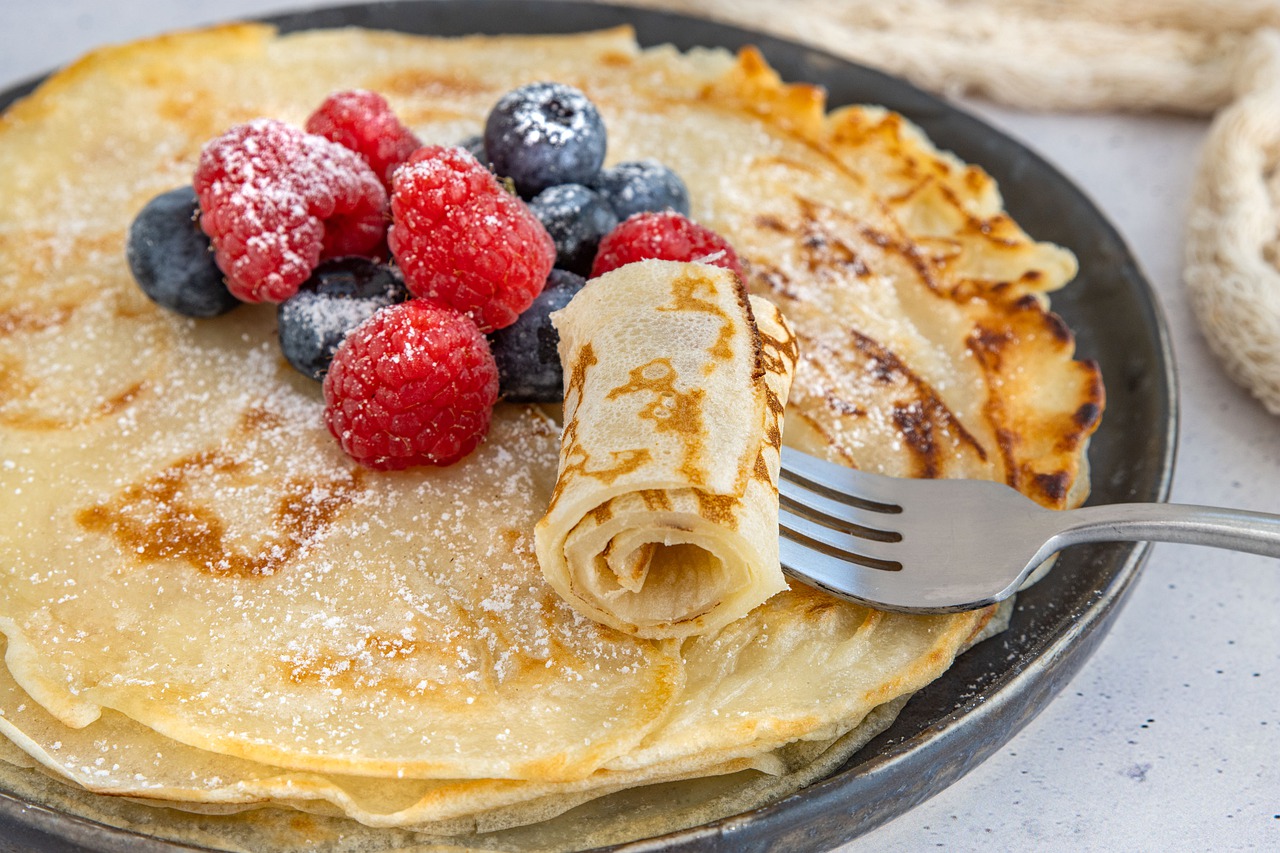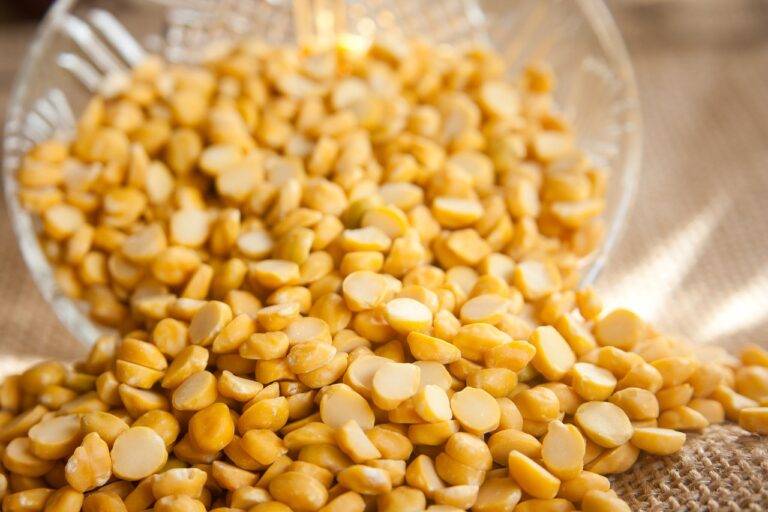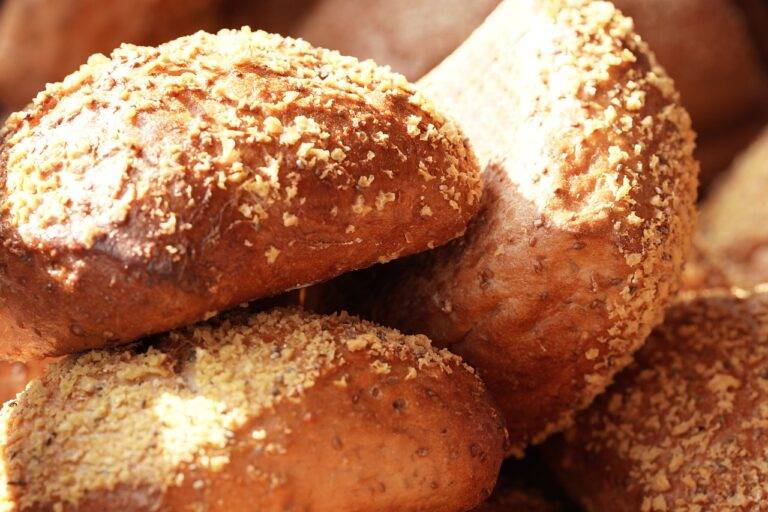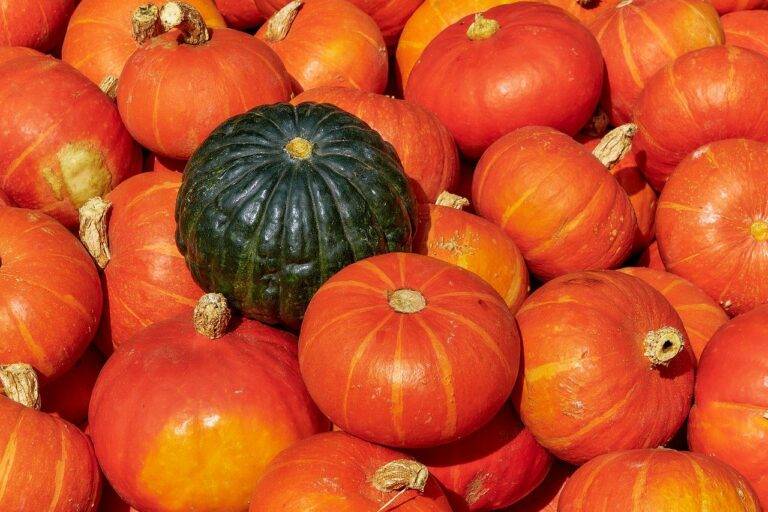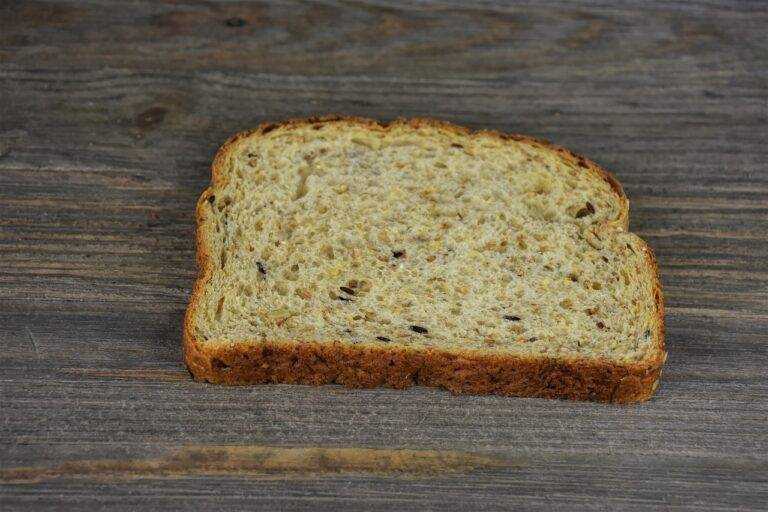The Cultural Significance of Food Rituals and Traditions
Food rituals and traditions are often deeply intertwined with cultural beliefs and practices, serving as a way to bring people together and strengthen social bonds. These rituals can range from simple daily routines like sharing meals with loved ones to elaborate ceremonies marking significant life events such as weddings or religious holidays. Through these food rituals, individuals are able to connect with their heritage and create lasting memories that are passed down through generations.
The significance of food rituals can vary widely across different cultures and regions, highlighting the diverse ways in which food is used to express identity and create a sense of belonging. In some communities, certain foods are reserved for specific occasions or symbolize important values such as abundance or hospitality. By participating in these rituals, individuals not only nourish their bodies but also nourish their souls, fostering a sense of community and shared history that is cherished and preserved over time.
Historical Roots of Food Rituals
Food rituals have been an integral part of human civilization since ancient times. These practices are deeply rooted in cultural beliefs, traditions, and societal norms. The act of sharing a meal has always held a symbolic significance in various cultures around the world.
In many ancient societies, food rituals were closely tied to religious ceremonies and spiritual beliefs. The preparation and consumption of certain foods were often linked to rituals aimed at invoking blessings from the gods or ensuring a bountiful harvest. These rituals helped foster a sense of unity and community among individuals, strengthening social bonds through shared experiences around the dining table.
What are some examples of food rituals and traditions?
Some examples of food rituals and traditions include Thanksgiving dinner, Chinese New Year feasts, and the Japanese tea ceremony.
Why do cultures have food rituals?
Food rituals are often used to symbolize important events, values, or beliefs within a culture. They can also serve to bring people together and create a sense of community.
How have food rituals evolved over time?
Food rituals have evolved over time as cultures have changed and adapted. Some rituals have remained the same for centuries, while others have been influenced by outside factors such as globalization.
What role do food rituals play in society?
Food rituals play a significant role in society by helping to define cultural identity, strengthen social bonds, and provide a sense of continuity and tradition.
How do food rituals vary across different cultures?
Food rituals can vary widely across different cultures, from the types of foods consumed to the ways in which they are prepared and shared. Each culture has its own unique traditions and customs surrounding food.

